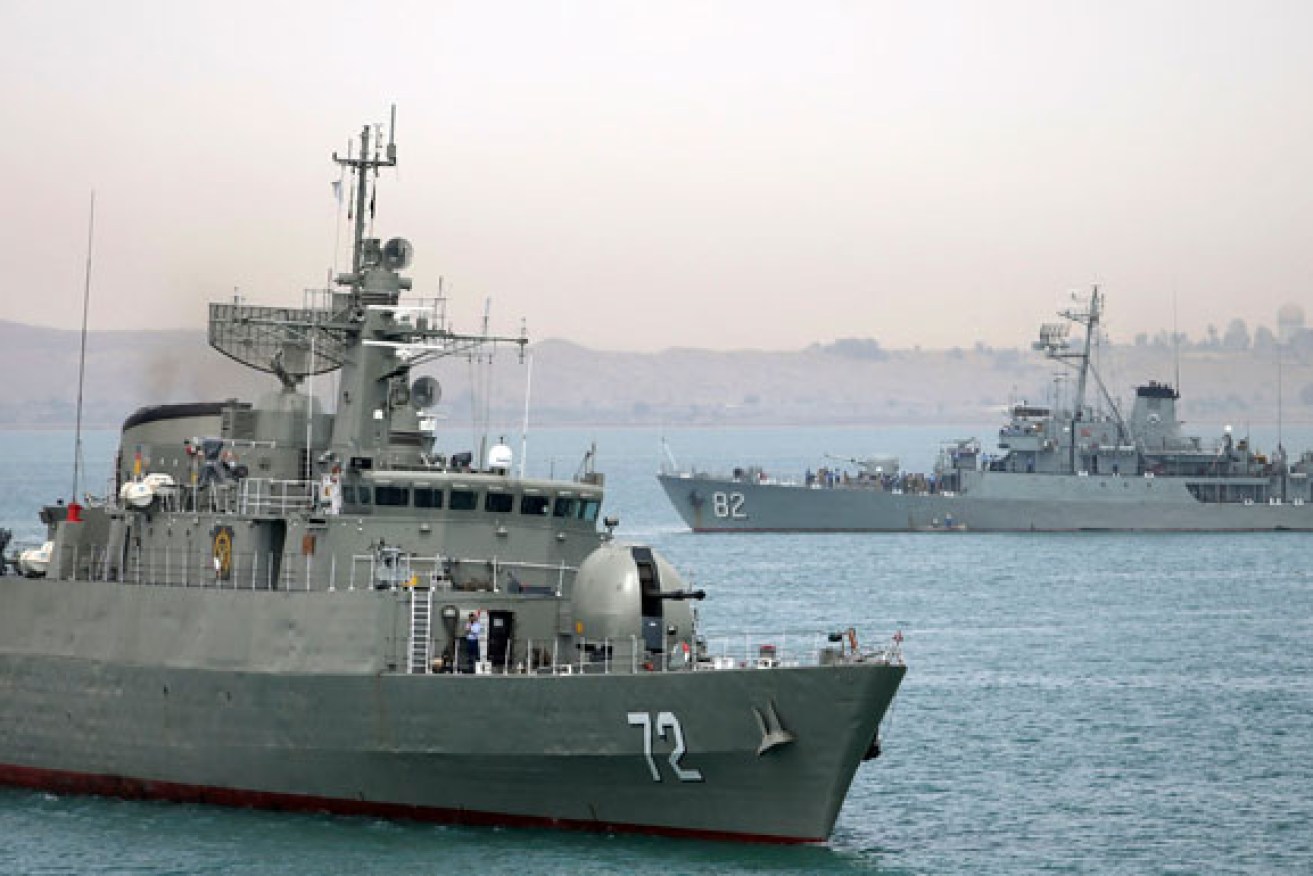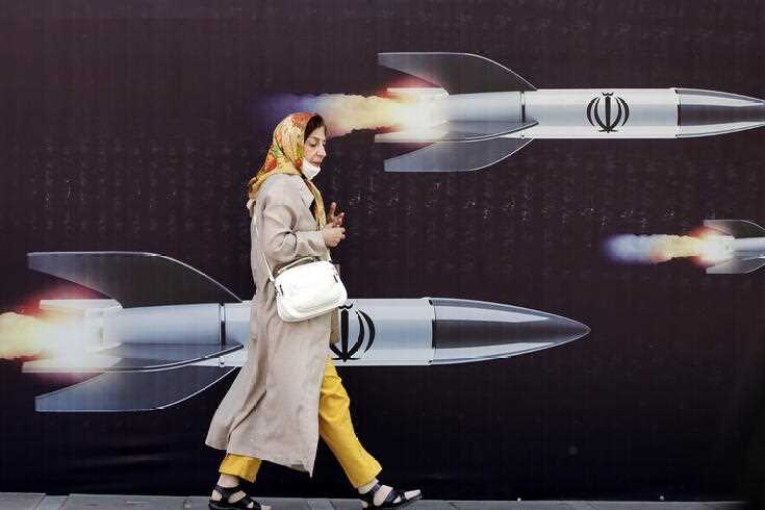Yemen civil war ‘opens door to Al Qaida’


AAP
A four-month-old civil war in Yemen, which has displaced 100,000 and killed 560 in recent weeks, is becoming a regional flashpoint.
The conflict is being waged between Shiite Houthi rebels and forces loyal to the former deposed president.
Since March, a coalition led by Saudi Arabia has bombarded the country from the air in an effort to rout the Houthis, which it regards as proxies for Iran.
• Shiite militia challenges UN over Yemen
• Charlie Hebdo attackers buried near Paris
• Obama more popular with Cubans than Castro
The United States has provided support to the Saudis including intelligence and weapons, and set up a “joint coordination and planning cell in the Saudi operations centre,” US Deputy Secretary of State Antony Blinken said.
And the Iranian navy has stationed two ships including a destroyer off the Yemen coast reportedly as an anti-piracy move “safeguarding naval routes for vessels in the region,” Time reported Iran’s Rear Admiral Habibollah Sayyari said on state TV.
In the power vacuum, Al Qaida in the Arabian Peninsula has appeared in the war among other groups looking for territory and power, the new US Defense Secretary Ash Carter said.
The collapse of the government had weakened America’s ability to combat terror, Mr Carter said during a press conference in Tokyo.
“As medical doctor I must help people if I can”. Our surgeon in Aden #Yemen on catching a night boat into a war zone http://t.co/bSskLW9Blj
— ICRC (@ICRC) April 8, 2015
AQAP is considered the “most dangerous wing” of the worldwide terror group, Time reports, sparking talks to ascertain risks of a possible attack on the west.
The conflict is notable in that it includes the direct involvement of regional powers Iran and Saudi Arabia, rather than proxy forces.
Saudi Arabia has been sparked into military intervention in Yemen twice before Monash University PhD candidate Ben Rich said, but another instance of Saudi cross-border intervention was particularly relevant.
He said in a blog post that Saudi Arabia tried to head off what it perceived as Iranian influence in Bahrain during a 2011 uprising against the Al-Khalifa monarchy.
But he said that AQAP was unlikely to trouble Australia, and that the US was unlikely to further involve itself in the war, which would be an important first step in discussions to involve Australian troops.
“The US is happy to let the Saudis for once take hold of their defence issues,” he said.
#YemenCrisis: Houthis Use Deadly Force Against Protesters – At Least 7 Dead, 83 Wounded http://t.co/PjfYDUwqLl pic.twitter.com/TxCXFDXvt9 — Human Rights Watch (@hrw) April 8, 2015
“Australia wouldn’t go in without the US … but I think they’re sort of viewing this as a Saudi problem.”
Saudi airstrikes have come under heavy criticism from aid groups after refugee camps were hit.
Human Rights Watch said just before 11am on March 30 airstrikes had “struck multiple sites at one of the three (internally displaced person) camps” in Mazraq, northern Yemen, about six kilometres from the Saudi border.
More than 29 people were killed and 41 were wounded, Human Rights Watch said.
“I first heard the sound of a distant plane, then the deafening explosion. I saw body parts scattered in front of me, charred bodies, torn tents, and a large amount of shrapnel that hit the gate and charred the cars,” Khaled Mareh, a manager at the camp, said.
Our Emergency Surgical Unit in Aden has received over 600 wounded since March 19. #YemenCrisis http://t.co/nqdNo2ne8X pic.twitter.com/KPVEmD4jrF
— MSF Canada (@MSF_canada) April 8, 2015








